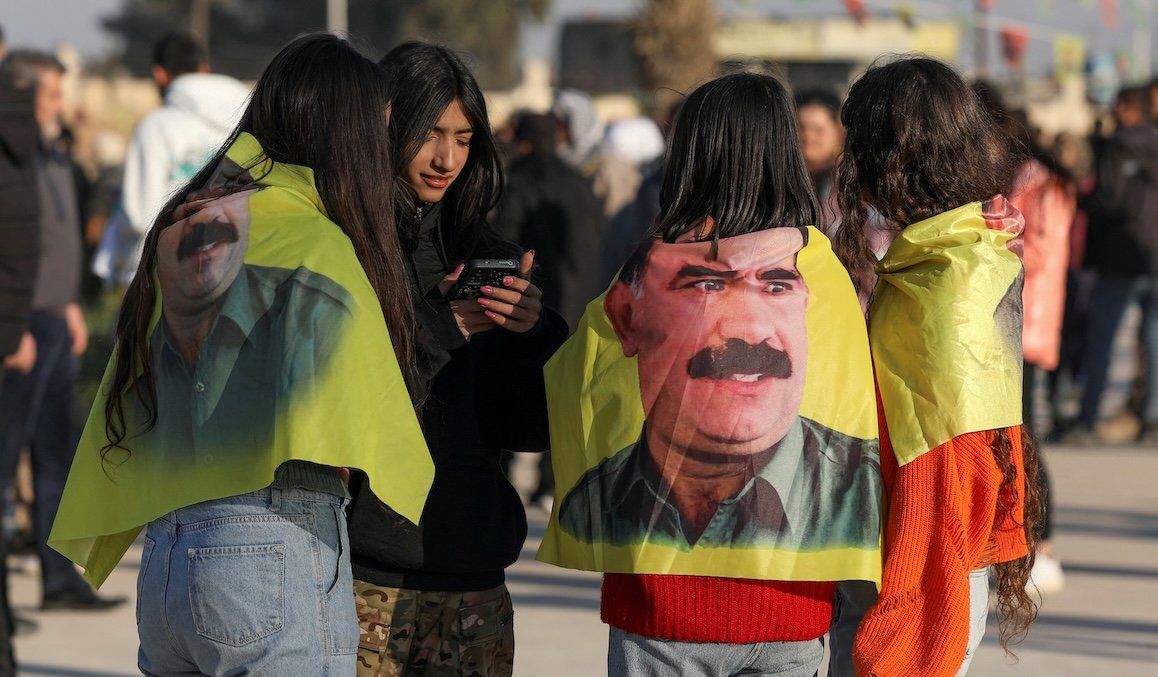After a 40-year conflict with Turkey that has killed 40,000 people, the Kurdistan Workers’ Party, known as the PKK, declared
a ceasefire on Saturday following a call from its leader,
Abdullah Ocalan, to dissolve the group. Ocalan, imprisoned since 1999, called the move a “historical responsibility” – but one that brings no apparent concessions from Ankara.
So why stop fighting? Perhaps, freedom. Last October, staunch Turkish nationalist Devlet Bahceliinvited Ocalan to come to parliament and “declare that he has laid down his arms” – and intimated that his life sentence could be lifted. This weekend, Bahceli, whose party is the largest partner in Turkish President Recep Tayyip Erdogan’s coalition,welcomed Ocalan’s call for disbanding the PKK, calling it a “valuable and important” statement.
The move also comes as Erdogan seeks support for constitutional changes that would allow him to run for a third term in 2028, and the backing of the pro-Kurdish DEM party could be key. In the past two months, DEM Party representativeshave paid three visits to Ocalan, the first since members of the party’s predecessor, the Peoples’ Democratic Party, met with him in April 2015. Ocalan’s nephew, Omer Ocalan, a member of the Turkish Parliament, also visited and shared a message from his uncle on social media.
Will the ceasefire hold? It’s not clear, and a similar agreement in 2013 failed to endure. The deal must also first be accepted by Turkey and is complicated by the fact that the PKK is still classified as a terrorist organization by that country, the US, and the EU. We’re watching for Erdogan’s next move – and whether Ocalan’s liberation follows.
